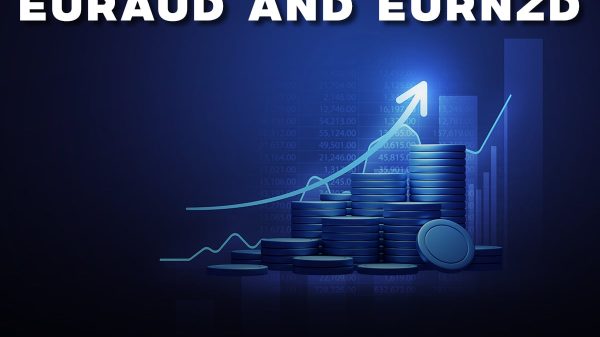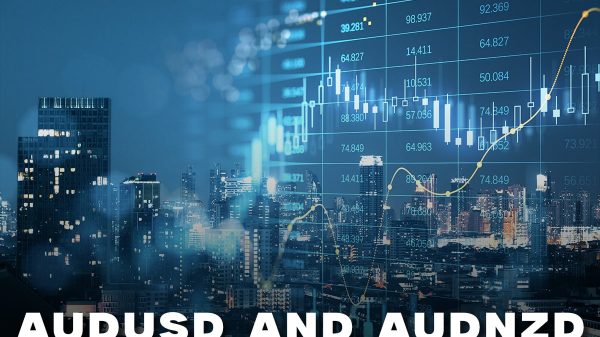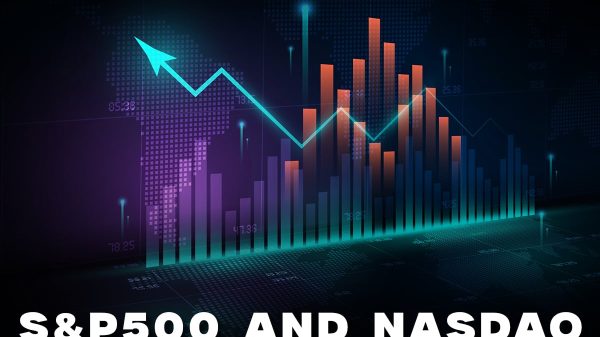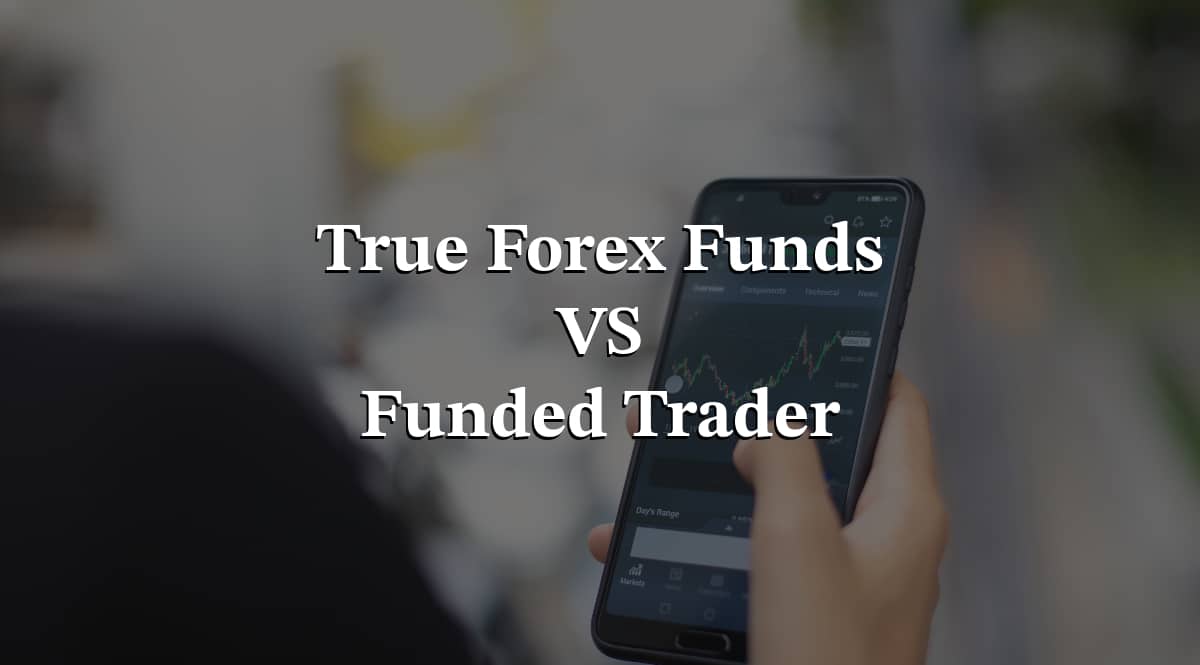The true forex funds and the funded trader: Differences
True Forex Funds and The Funded Trader are both reputable proprietary trading firms. Nevertheless, there is no lack of questions about both firms. For example, “Is True Forex Funds legit?” Moreover, people are looking for a “True Forex Funds review.”
True Forex Funds has its main office in Győr, Hungary. What about the Funded Trader? It is based in the U.S.
When examining their funding capabilities, True Forex Funds offers traders the opportunity to manage two-step evaluation accounts with a maximum capital allocation of $400k.
Meanwhile, the Funded Trader provides an even larger capital base, allowing traders to seek funding up to $600k. Importantly, both firms utilize a scaling plan in their operations.
True Forex Funds vs. Funded Trader
The two firms have distinctive approaches when it comes to their funding programs. True Forex Funds has chosen a structured route, offering a singular two-step evaluation for traders. Conversely, The Funded Trader provides a more diverse evaluation framework, including a straightforward one-step evaluation and an additional three two-step evaluations.
To sum up, both True Forex Funds and The Funded Trader stand out as solid options for traders seeking proprietary trading opportunities. They each offer unique trading rules, objectives, and pricing models, and receive varied feedback from their communities.
While True Forex Funds lean towards a simpler two-step evaluation system, The Funded Trader boasts a more varied evaluation range.
What is a proprietary trading firm?
As mentioned above, True Forex Funds and Traded Funds are proprietary trading firms. So, it is important to understand how proprietary trading firms operate.
A proprietary trading firm, often referred to as a “prop firm” or simply “prop shop”, is a financial institution that invests its own capital in the trading of financial instruments.
As opposed to investment banks or hedge funds, these firms do not handle clients’ money or seek outside investment. Instead, they trade exclusively with the company’s own funds, aiming to generate profits directly from market activities.
Key aspects
Here are some key aspects to understand about proprietary trading firms:
Strategies and instruments: Proprietary trading firms employ a wide range of trading strategies, from high-frequency trading and market-making to statistical arbitrage and trend-following. They might trade various financial instruments including stocks, bonds, futures, options, and forex.
Risk and rewards: Since proprietary trading firms use their own capital, they assume all the risk associated with their trading decisions. However, they also retain all the profits. This structure contrasts with investment banks and hedge funds, where profits and losses are shared with clients.
Talented traders: Many firms recruit talented traders, offering them access to the firm’s capital, technology, and infrastructure. In return, traders typically share a portion of the profits they generate with the firm.
Training and mentorship: Some proprietary trading firms offer training programs for new or inexperienced traders. This can include mentorship, classes, and hands-on trading experience.
Leverage: Given their focus on trading and the need to generate returns, proprietary trading firms often use leverage, or borrowed funds, to amplify their potential profits. However, using leverage also increases the potential for larger losses.
Regulation: Proprietary trading firms are subject to regulatory oversight, which varies by region and country. Regulations can dictate capital requirements, risk management practices, reporting standards, and more.
Evolution with technology: With advancements in technology, particularly algorithmic and high-frequency trading, many prop firms have evolved to incorporate sophisticated algorithms and technology-driven strategies into their operations.
In essence, a proprietary trading firm operates much like an individual trader, but on a much larger scale, using pooled company funds and often harnessing advanced technology and research resources.
The primary goal is to earn profits from market activities, and the lack of external clients allows these firms to be agile and take on strategies that might be too risky or unconventional for more traditional financial institutions.
What should every trader know about the foreign exchange market?
Of course, it is important to verify the information when it comes to various firms, including True Forex Funds and Funded Trader. However, it is also vital to have at least a general understanding of the forex market.
The foreign exchange market is a fascinating and complex environment that attracts traders from all over the world. If you’re venturing into forex trading, there are some fundamental aspects that you should be aware of:
Forex, or foreign exchange, refers to the global marketplace where currencies are traded. It’s the largest financial market in the world.
Unlike stock exchanges, it operates 24 hours a day, five days a week, due to its global nature. This means that there’s always an opportunity to trade, but it also means you need to be vigilant about global events that might affect currency values.
There are several currency pairs, but the most traded are the major pairs, which involve the U.S. dollar (USD). These include EUR/USD, USD/JPY, GBP/USD, USD/CHF, AUD/USD, and USD/CAD.
Forex trading offers the possibility of leveraging, which means you can control a large position with a relatively small amount of money. While this can amplify profits, it also increases the risk of significant losses.
Moreover, multiple factors can influence currency values, including economic indicators, interest rates, political stability, and global events.
What’s important, forex trading can be highly profitable, but it’s also risky. Many traders lose money, so it’s essential to have a solid strategy, manage your risk, and continuously educate yourself.
It is crucial to select a reliable trading platform and broker. Look for ones with a good reputation, tight spreads, and strong customer support.
Lastly, the foreign exchange market is dynamic, and conditions change regularly. Stay updated with news, continuously learn, and adapt your strategies to remain profitable.
The post The true forex funds and the funded trader: Differences appeared first on FinanceBrokerage.





























